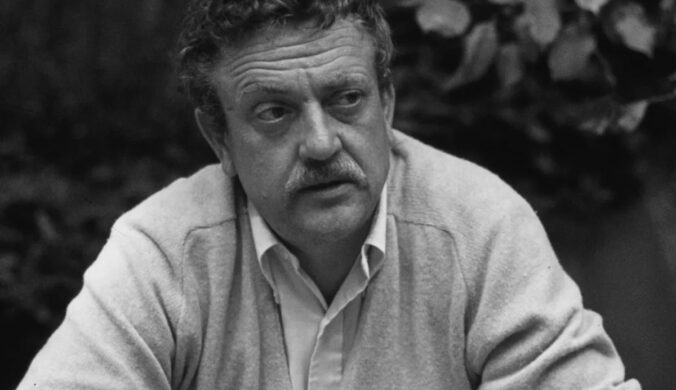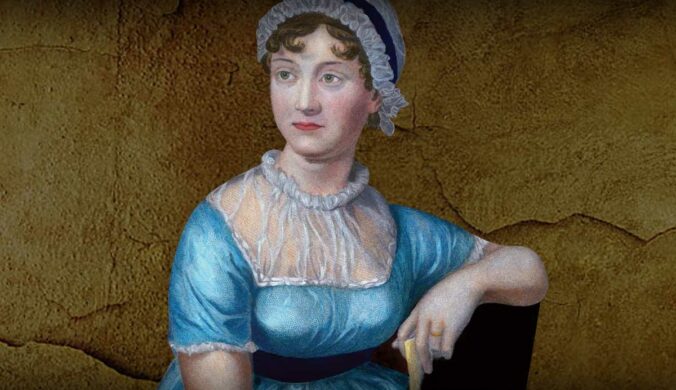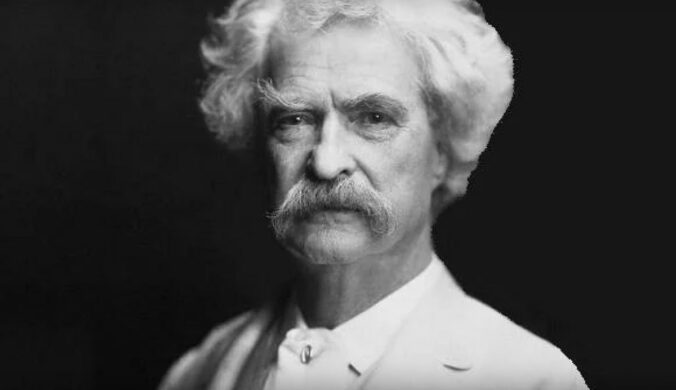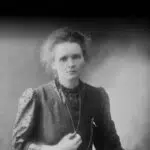Albert Camus was born on November 7, 1913, and died on January 4, 1960, at 47. Camus was a Nobel Prize-winning Algerian-born French philosopher, author, dramatist, and journalist. His works included “The Stranger,” “The Plague,” “The Myth of Sisyphus,” “The Fall,” and “The Rebel.” His views within philosophy contributed to the rise of the philosophy known as absurdism which means life is absurd and lacks meaning or a higher purpose. Along with his philosophies, we will take you through some of his other accomplishments and work as we spend the day immersed in his world.
Fast Facts
Full Name:
Albert Camus
Birth date:
November 7, 1913
Death date:
January 4, 1960 (age 46)
Zodiac Sign:
Scorpio
Height:
5' 7"
Net Worth:
$1.5 million
Background
Albert Camus was born in French Algeria on November 7, 1913. Both his parents were French. Camus did not know his father as he died in 1916 during World War I. As a second-generation French in Algeria, he was an outcast and labeled ‘pied-noir,’ ‘black foot” — a slang term for French born in Algeria. His childhood was spent in a poor neighborhood before he ventured off to study philosophy at the University of Algiers. In his 20s, he completed his ‘licence de philosophie’ at the University of Algiers. In the university, he joined the Algerian Communist Party, where his role was to organize the “Théâtre du Travail” (“Workers’ Theatre”).
Camus’ next adventure saw him move to Paris, where he attempted to join the army but was denied due to his tuberculosis. He met Francine Faure, and the two were married in December 1940. His circle of close confidants packed quite the intellectual punch and included Jean-Paul Sartre, Simone de Beauvoir, André Breton, and others. Camus continued to live in France after the War and became a father to twins. He was celebrated as a writer who gave lectures at various universities in the U.S and Latin America. His work was rewarded in 1957 when he received the news that he was to be awarded the Nobel Prize in Literature. He was the second-youngest recipient to receive the prize at 44.
On January 4, 1960, Camus died in a car accident. His unfinished novel “Le Premier Homme” (The First Man) was later found in the wreckage. His eulogy was read by his friend Sarte, and William Faulkner wrote his obituary. It read: “When the door shut for him, he had already written on this side of it that which every artist who also carries through life with him that one same foreknowledge and hatred of death, is hoping to do: I was here.”
Career timeline
Camus is diagnosed with tuberculosis, and he moves out of his home and stays with his uncle Gustave Acault, who greatly influences him.
In May, Camus writes his first publication, a play entitled "Révolte dans les Asturies" (Revolt in the Asturias).
In May, Camus writes his first book, "L'Envers et l'Endroit," published by Edmond Charlot's small publishing house.
At the age of 44, Camus receives the Nobel Prize for Literature.
With the money he earned from his Nobel Prize, Camus makes a successful adaptation and film adaptation of Dostoyevsky's "Demons."
Why We Love Albert Camus
He was multi-talented
Not only was Camus a novelist but also a journalist, playwright, philosopher, and dramatist. He was also politically inclined and he fought for human rights. He was vocal about the proliferation of nuclear weapons and the bombings of Hiroshima and Nagasaki.
He loved football
Camus enjoyed football and played goalkeeper for the Racing Universitaire d'Alger junior team from 1928 to 1930. He had once said, “Everything I know most surely about morality and duty, I owe to football.”
He had an interesting life
Although his life was short, it was interesting. Camus leaves behind a legacy, and his novels and philosophical essays are still influential.
5 Surprising Facts
He joined the French Resistance
Camus could not enlist in the army due to his tuberculosis, so he signed on to work as a journalist and editor for the underground Resistance newspaper, "Combat."
“The Outsider!” almost did not get published
His famous novel, "The Outsider!" almost did not get published as there was a shortage of paper during WWII, and there was not enough paper to print.
Second youngest to win a Nobel Prize
Camus was 44 when he won the Nobel Prize in Literature, while Rudyard Kipling was 42 years old when he was awarded the same honor.
He had a complicated personal life
He was married twice in his life but had numerous affairs and was known as a womanizer.
Two of his works were published posthumously
His works "La mort heureuse" (A Happy Death) and "The First Man" were published after his death.
Albert Camus FAQs
What is Albert Camus most famous for?
Camus is most well known for his novels “The Stranger” (1942), “The Plague” (1947), and “The Fall” (1956).
What did Albert Camus believe in?
Camus believed in the philosophy of absurdism which states that “the efforts of humanity to find meaning or rational explanation in the universe ultimately fail (and, hence, are absurd) because no such meaning exists, at least to human beings.”
What languages did Albert Camus speak?
Camus spoke French, and all his works were written in French.
Albert Camus’s birthday dates
| Year | Date | Day |
|---|---|---|
| 2025 | November 7 | Friday |
| 2026 | November 7 | Saturday |
| 2027 | November 7 | Sunday |
| 2028 | November 7 | Tuesday |
| 2029 | November 7 | Wednesday |

























